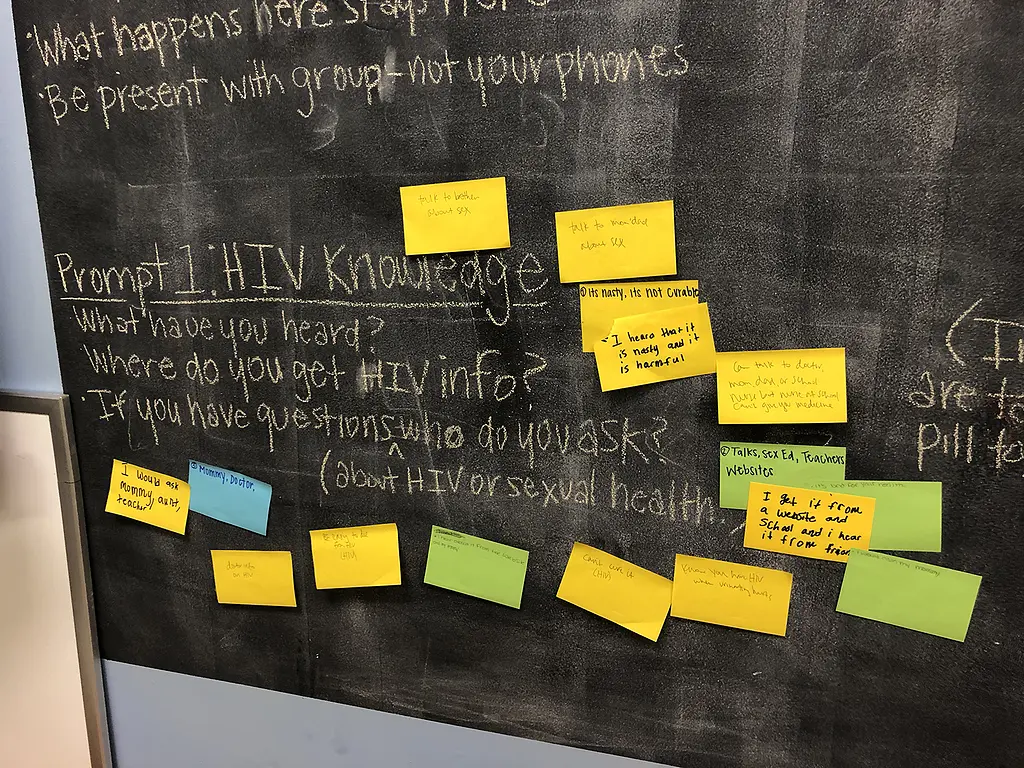Regional and racial disparities are major factors affecting the spread of HIV infections in the United States. HIV prevalence is highest in the South. Overall, people between the ages of 13 and 24 account for 22 percent of new infections, with Black youth affected at a disproportionately high rate.
Durham, North Carolina, is an urban area in the South with a high rate of HIV. It’s also our home base, where we are part of a network of community institutions, universities, and research organizations. During a prior HIV prevention program with Black women in Durham (Project IFE), our team learned that community members would like to see an additional focus on HIV prevention in young people.
We have answered this call with a study of HIV prevention among adolescents in Durham. Our study looks at Pre-Exposure Prophylaxis (PrEP), a daily oral pill that is over 90% effective at preventing HIV when taken consistently. Although it was approved by the FDA for use in adolescents in 2018, uptake, access, and adherence to the medication remains low among youth. Studies evaluating PrEP in youth have indicated that awareness is low and daily pill taking is difficult due to dosing fatigue, stigma, concerns about parental support and worries about side effects. To effectively address these issues, adolescents need to be involved in the development and implementation of research that addresses their own concerns. Researchers need to consider the experience of Black adolescents from their own perspectives to create interventions to improve HIV prevention. Our study has used community engagement and participatory strategies to involve adolescents in the research process to pinpoint community resources, priorities, needs, and barriers and to inform study implementation.
The goal of our study is to understand factors related to HIV risk and PrEP service through the voices of youth and community members in Durham. The study has three main components:
- an adolescent health working group of adults and adolescents to guide this project
- workshops using a participatory process called Youth GO! with youth ages 13-24 to get their perspectives on issues related to HIV prevention; and
- an ongoing anonymous, online survey of youth with follow-up interviews with a subset of these youth about HIV risk, and access to PrEP.
Our team includes members from RTI International, FHI 360, Duke University, and the University of North Carolina at Chapel Hill. This research takes initial steps to better understand youth barriers to PrEP access, uptake and adherence, and to identify key factors impacting the lives and sexual health of youth.
This project was funded by the UNC CFAR P30 AI50410 and the Duke CFAR P30 AI064518
